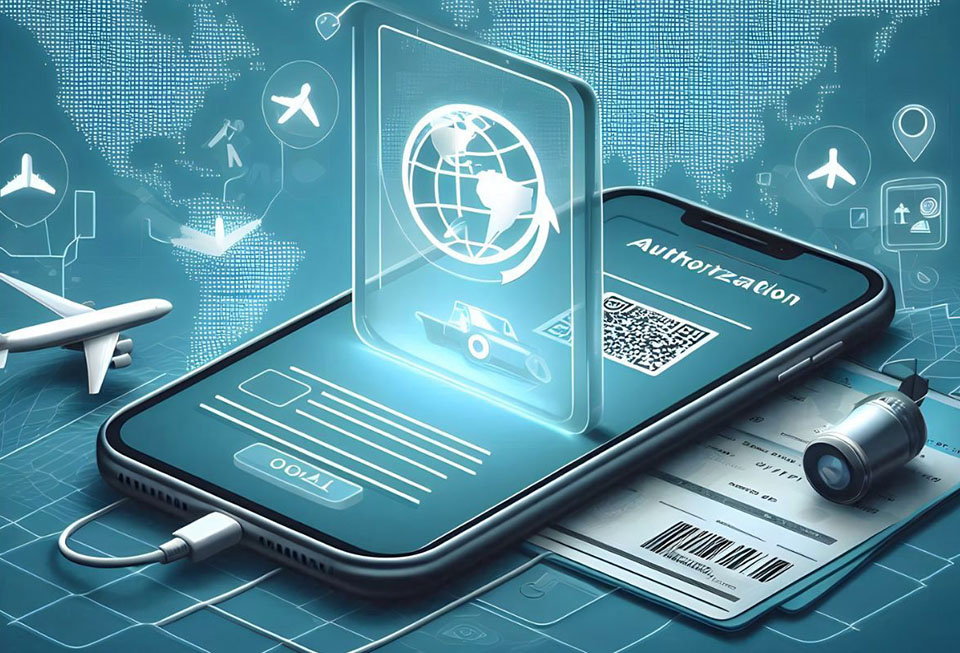
Thailand, along with many other countries, has expanded its visa-exempt policy for foreign tourists to boost national income. Currently, most foreign visitors here can obtain 60 days on arrival, without prior clearance, and are eligible for a 30 days extension at local immigration. Some commentators are predicting the age of seamless travel has arrived.
But sometime next year – the new foreign affairs minister Maris Sangiampongsa says the start dates are still under review – it will be compulsory for all visa-exempt travelers to obtain pre-flight approval via the online portal known as the Electronic Travel Authorization (ETA). Nobody has seen the forms yet, but they could well require an accommodation address in Thailand and an exit strategy to leave Thailand post-vacation.
Thailand’s neighbors are adopting a similar approach. Visa-exempt tourists to the Philippines must register online at least 72 hours prior to departure and Cambodia is busy testing out a compulsory pre-flight authorization for flights landing at Phnom Penh and Siem Reap. The UK is currently requiring visa-exempt tourists to apply three days in advance (but recommends 30 days), whilst the EU is launching an authorization program for those foreigners wishing to enter the 30 countries but do not have a formal visa.
Governments in Thailand and elsewhere argue that electronic authorization does not mean the introduction of compulsory visas via the back door. They say that visa-exempt travelers have to provide less information than for formal visa applicants and that personal interviews are not required – forgetting that many embassies no longer allow specified visa applicants on their premises – because everything is online.
The reality is that prior electronic authorization, whether for a visa or to allow a visa-exempt entry, is an approval mechanism. It allows governments to assess any criminal activity, travel history and even some health data, whilst documenting accommodation details and outward flights, if any. It will certainly make impossible spur-of-the-moment foreign travel and replace it by a cost-benefit vetting procedure. Does the foreign government really want you? That’s the new question we have hardly begun to debate.
Of course, the move to prior vetting for all is inevitable in today’s world. For example, the Thai government is clearly concerned by the influx of so many Chinese tourists, amongst them an unknown number working illegally or exploiting in cartels traditional Thai hospitality for financial gain. The introduction of electronic clearance for visa-less entrants is in fact the triumph of national security concerns over free- flow traffic. The Thai foreign minister has called the 60 days on arrival “a policy renewable at all times with ease”. Surely it’s a bit more complicated than that.
Editor’s Note: If you wish to quote or reference this article, please credit the Pattaya Mail.








